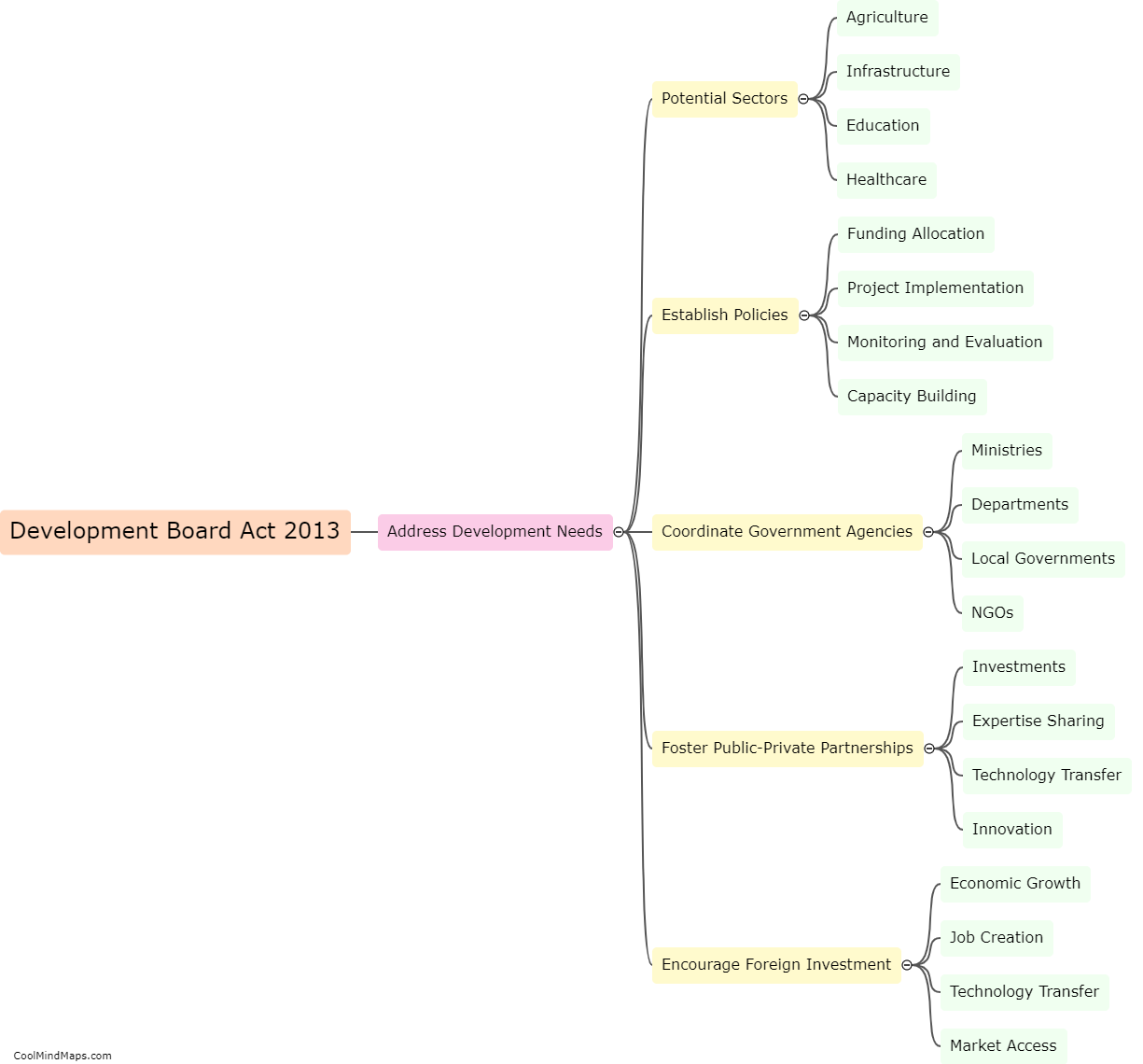How does TNFi block the maturation of pDC?
Tumor Necrosis Factor inhibitors (TNFi) are medications commonly used in the treatment of autoimmune diseases such as rheumatoid arthritis and psoriasis. These drugs work by targeting and blocking the activity of tumor necrosis factor-alpha (TNF-α), which is a cytokine involved in the inflammatory responses of the immune system. One of the ways TNFi exerts its therapeutic effects is by inhibiting the maturation of plasmacytoid dendritic cells (pDC), a type of immune cell that plays a crucial role in the recognition and initiation of immune responses against pathogens. By blocking the maturation of pDC, TNFi helps to regulate the immune system's response, reducing the inflammation and immune-mediated damage associated with autoimmune diseases.

This mind map was published on 12 July 2023 and has been viewed 113 times.











